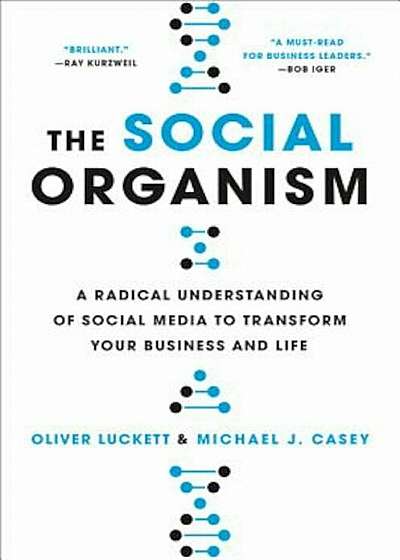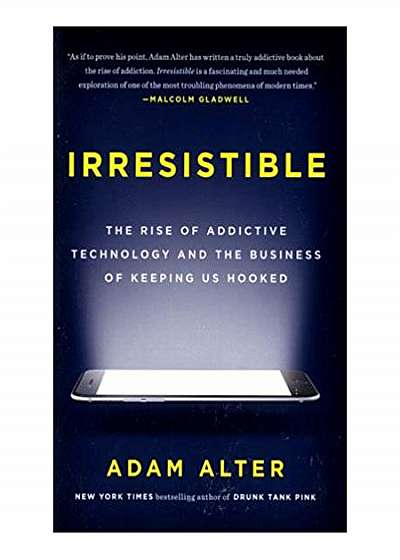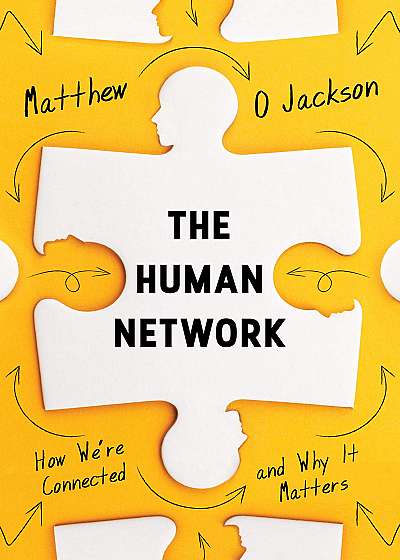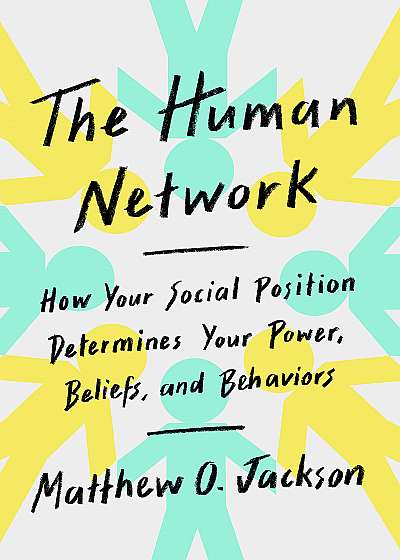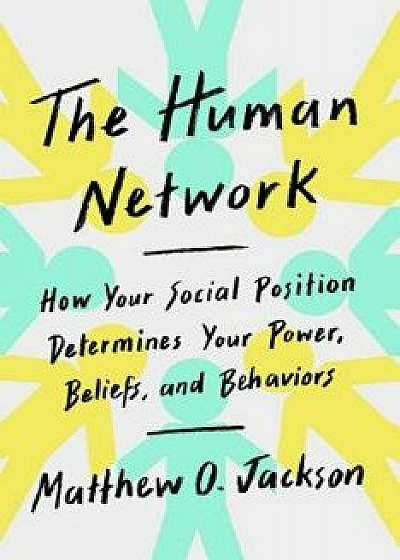
The Human Network: How Your Social Position Determines Your Power, Beliefs, and Behaviors, Hardcover/Matthew O. Jackson
Descriere
Description A fresh and intriguing look at how our "hidden positions" in various social structures, or human networks, shape how we think and behave, how our very outlook on life is formed--by a distinguished professor of economics at Stanford University Inequality, social immobility, and political polarization are but a few crucial phenomena driven by the inevitability of social structures. Social structures determine who has power and influence, can explain why people fail to assimilate basic facts, and can help us understand patterns of contagion--from the spread of disease to financial crises. Despite their primary role in shaping our lives, human networks are often overlooked when we try to account for our most important political and economic behaviors and trends. This book illuminates the complexity of the social networks in which we are positioned, sometimes unwittingly, and can help us to better understand why we are who we are as individuals. Ranging across disciplines--psychology, behavioral economics, sociology, and business--and rich with historical analogies and anecdotes, The Human Network provides an eye-opening and fascinating account of what can drive success or failure in life. About the author MATTHEW O. JACKSON is the William D. Eberle Professor of Economics at Stanford University, an external faculty member of the Santa Fe Institute, and a senior fellow of the Canadian Institute for Advanced Research. He has been researching social and economic networks for more than twenty-five years and has published Social and Economic Networks, a leading graduate-level text on the subject. Jackson is a member of the National Academy of Sciences; a fellow of the American Academy of Arts and Sciences, the Econometric Society, and the Game Theory Society; an Economic Theory Fellow; and former Guggenheim Fellow. He has reached more than a million students via his popular online courses on social and economic networks and game theory.




